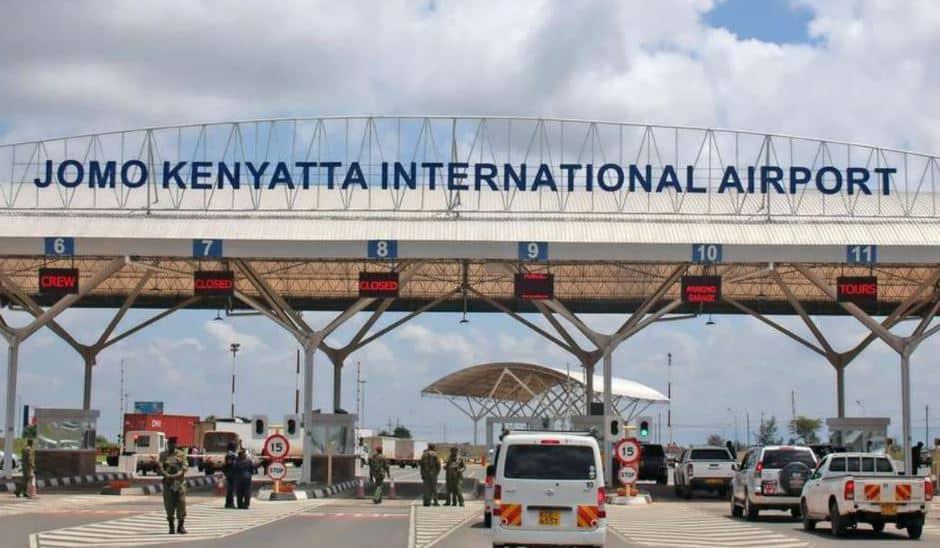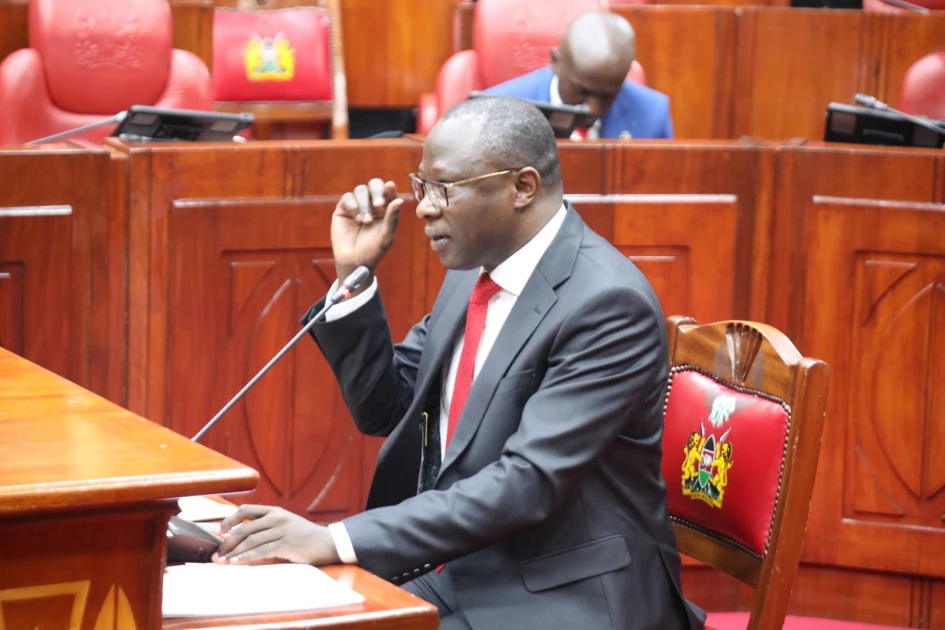The Kenya Revenue Authority (KRA) is becoming increasingly vigilant about taxpayer non-compliance and is stepping up its enforcement efforts. Using technology, the KRA has been able to detect incidents of noncompliance and discrepancies in tax filings as well as disclosures.
Consequently, even the most compliant corporate taxpayers should strive to enhance their tax management, especially when it comes to record-keeping and maintaining clear communication with the KRA. It is also of vital importance to be proactive in preparing for the increasing likelihood of tax audits.
Here are five pointers that should be top of mind for business taxpayers in Kenya’s evolving tax environment, where tax policy, legislation and the regulatory framework continue to grow and mature.
1. Avoid inconsistencies at all costs
Through its iTax online service, the KRA has extensive information about businesses and their suppliers, customers, contractors, banks and peer companies. It is well-positioned to detect inconsistencies in an entity’s tax returns, as well as returns from customers, suppliers, or service providers. KRA has a keen eye for variances and will question any discrepancies.

2. Be aware of factors that could trigger an audit
Several factors could trigger an audit by the KRA. One is being continually loss-making, which raises questions about the organisation’s business model. Another trigger is consistently applying for tax refunds. The KRA will usually review refund claims closely to verify their legitimacy. Amended returns also tend to raise red flags as they may suggest prior underreporting.
Also Read: KRA Issues Notice to Every Kenyan Who Files Returns Regarding Phone Numbers
A voluntary disclosure under the tax amnesty programme may also trigger an audit as KRA seeks to verify if there is more undisclosed information. Further, certain industries are also prone to audits due to their perceived high risk of non-compliance.
Significant financial transactions, such as mergers or acquisitions involving large asset sales, almost always trigger audits, as KRA will review such transactions to ensure compliance with laws on capital gains tax, stamp duty, or other applicable taxes.
Another common audit trigger is intelligence reports from third parties. The KRA gathers intelligence from various sources, including third-party reports from banks, suppliers, contractors, and even whistleblowers such as disgruntled employees or competitors. If any variances are noted between the taxpayer’s financial records and third-party information, this could trigger an audit or investigation.
By understanding these triggers, companies can take preventive measures and ensure their records are in order.
3. Maintain proper records and documentation – for the long haul
Proper documentation is essential in proving compliance with tax obligations. Kenya’s Tax Procedures Act places the burden of proof on the taxpayer. Once the KRA makes a tax assessment or a tax decision, it is up to the taxpayer to demonstrate that the decision is incorrect or that the authority has misapplied the law.
Recent decisions by the Tax Appeals Tribunal signal a shift in the way the Tribunal views the standard of proof in tax cases. While the standard in such cases is on a balance of probabilities, which is similar to civil disputes, Tribunal decisions have been veering towards taxpayers having to provide proof beyond a reasonable doubt, which is typically a higher standard that is used in criminal cases.
This requires the taxpayer to provide foolproof evidence and documentation to back their claims, showing that either the tax amount assessed, the method used, or KRA’s interpretation of the law is incorrect.
Also Read: KRA Clarifies Deductions for Affordable Housing Levy
The Tax Procedures Act stipulates that documents should be retained for five years, but there have been cases involving documents dating back ten or even twenty years. Accordingly, consider carefully before disposing of documentation.
4. Engage in open communication with the KRA
One should provide transparent and complete information when requested. If a taxpayer seems unwilling to communicate, the KRA may assume wrongdoing. Engaging in open communication with the KRA helps address issues or clarify them before they escalate into disputes.
5. Ask the experts
Kenya’s tax system is becoming more complex, creating more potential pitfalls for businesses. It is crucial to consult tax professionals when uncertain about particular provisions or treatments, when preparing for a KRA audit or dealing with a tax dispute
A tax advisor will review documentation, advise on foreseeable pitfalls, point out variances, help explain them, and develop strategies to address problem areas before they escalate.
If a dispute arises, advisors can assist with the court process, from the Tax Appeals Tribunal to the High Court, and subsequently, the Court of Appeal and Supreme Court if need be. Taxpayers should also be familiar with the alternative dispute resolution process encouraged by the KRA. This process is a more amicable, timely and cost-effective way to resolve disputes compared to litigation.
The two universal rules of thumb are: do not wait for the KRA to come to you; and take tax compliance in Kenya very seriously.
About the Author
This article was written by Andrew Oduor and Alex Mathini Partners, and Patience Mbugua, Senior Associate, Bowmans Kenya.
Bowmans is widely regarded as the pre-eminent African law firm. With over 500 lawyers, the firm delivers integrated legal services to clients throughout Africa from nine offices in six countries. Bowmans has three offices in South Africa, two offices in Namibia, and one office each in Kenya, Mauritius, Tanzania and Zambia. Bowmans’ advice uniquely blends expertise in the law, knowledge of local markets and an understanding of clients’ businesses. Clients include corporates, multinationals, funds and financial institutions as well as state-owned enterprises and governments.
Follow our WhatsApp Channel and join our WhatsApp Group for real-time news updates.











































































